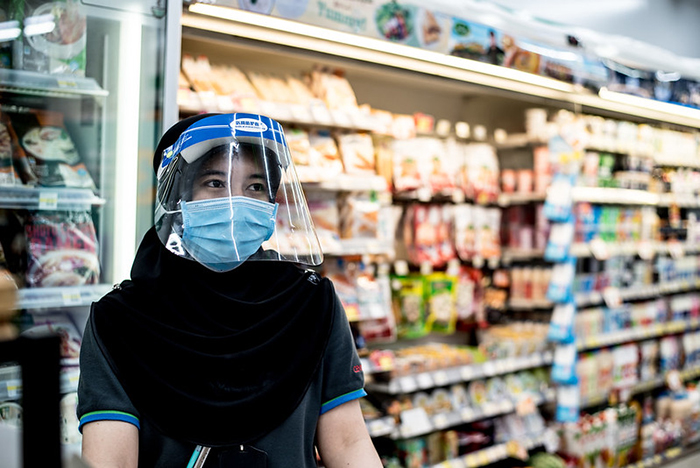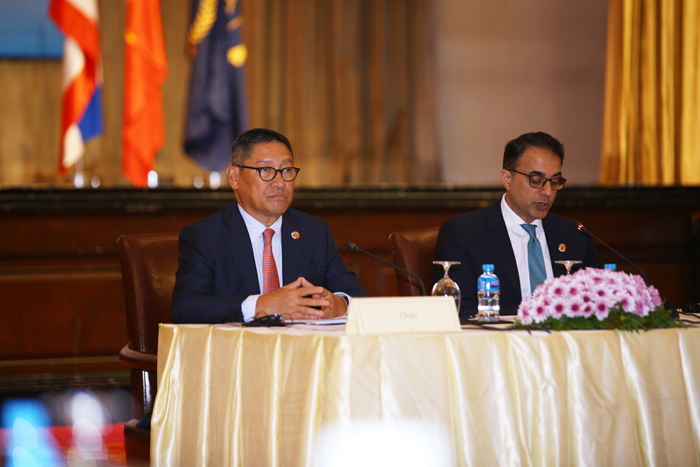ADB to Help Improve Water Resources of River Basin in Yunnan, PRC
The Asian Development Bank (ADB) has approved a $100 million loan to clean up water resources and the environment of the Sayu River Basin in Yunnan Province, the People’s Republic of China (PRC).
The Sayu River Basin is an important area for ecological protection in the upper Yangtze River Basin. It is the only centralized drinking water source in Zhaotong City in Yunnan.








